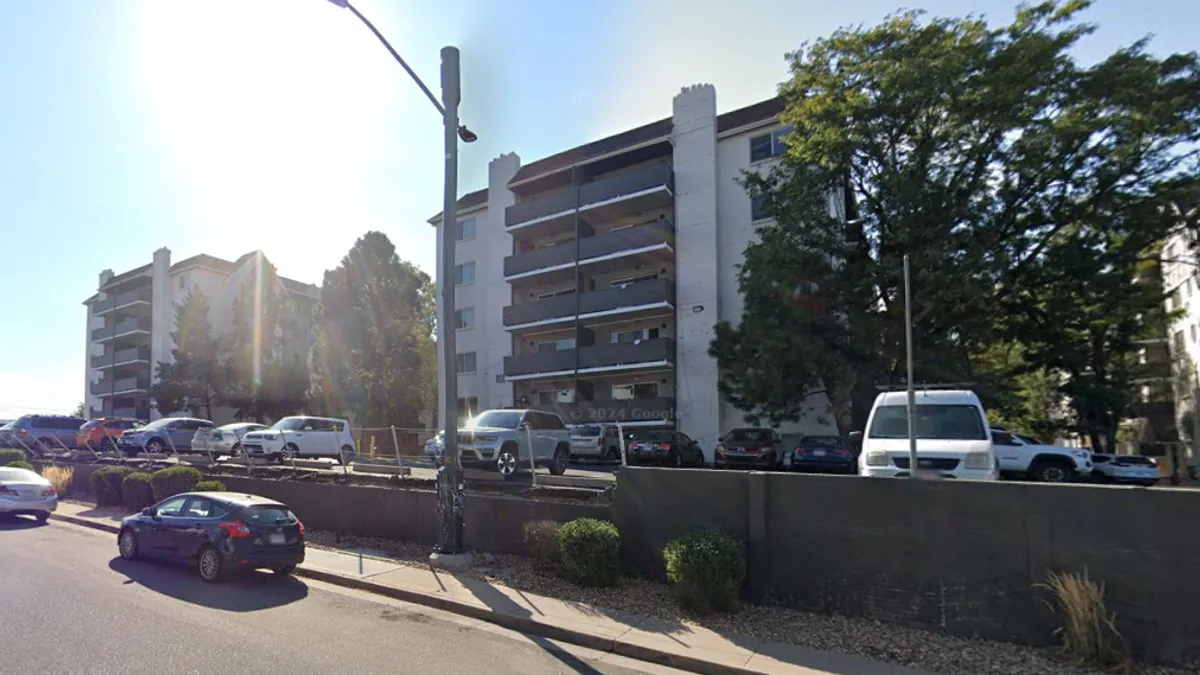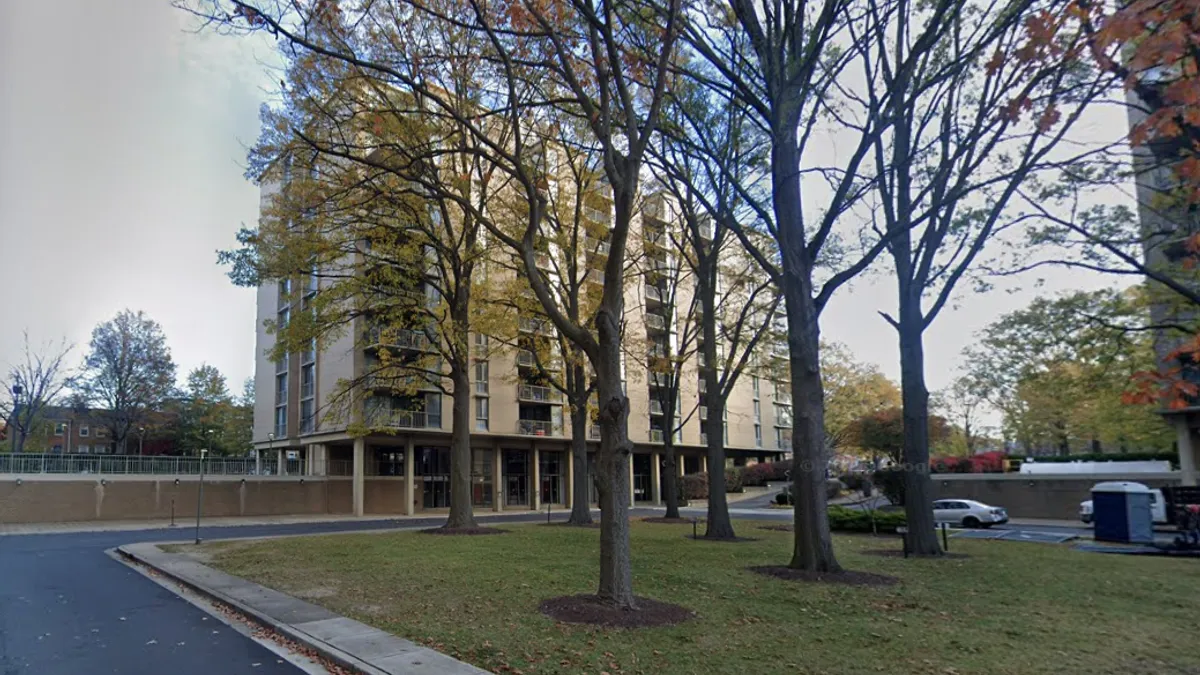Experienced third-party property managers know that nothing lasts forever.
Contracts that allow apartment owners to switch management companies with short notice or upon selling a property make churn a part of the business for operators.
“We start with never expecting to hold an asset,” said Diane Batayeh, CEO of apartment manager Village Green, the No. 38 apartment manager in the country, according to the National Multifamily Housing Council. “That is not within our control.”
But as the transaction market hit all-time highs in 2021, property managers dealt with clients selling assets earlier than expected. When that happens, operators focus on looking for ways to keep management, even going as far as helping their clients find new buyers.
“We're definitely spending as much time, if not more, trying to retain management at a sale as we are chasing new business,” said Luanne McNulty, a senior vice president at Orlando, Florida-based property operator ZRS Management, the No. 27 manager in the country.
Quick sales
When Village Green takes over a new property, there is usually a conversation with the owner about its strategy for the asset.
“We always try to align with the owner, to begin with,” said Batayeh. “Generally, they tell us their investment goal, which is a three- to five-year hold or whatever that might be.”
But, as prices have risen, some owners can't resist the temptation to sell earlier than they anticipated when they bought the asset. “The sales prices are so high,” McNulty said.
Kellie Falk, managing director and principal at Newport News, Virginia-based Drucker + Falk, the No. 45 manager in the country, said owners' hold periods have shortened as prices have risen. “It used to be they would hold three to five years or maybe even seven,” she said. “Now, even with new construction, they will sell even before the year is up.”
But earlier-than-expected sales aren’t common in all asset classes, according to Diana Pittro, executive vice president for Chicago-based RMK Management. She says owners of higher-end properties have been more likely to put their assets on the market earlier in their hold period.
“In 2021, I did see a lot of transitional properties,” Pittro said. “A lot of those properties that transitioned out were luxury [class] A properties that I thought we'd have another three or four years. Suddenly they're sold. Offers are over the top, and they're gone.”
Pivoting quickly
When an owner does decide to sell, the property isn’t always lost for managers — unless the new owner has its own property operation business.
“An owner-operator can come in and [buy the property] with no need for a third-party management company,” said Marcie Williams, president of Charlotte-based apartment management firm RKW Residential.
But in the other case, the current manager does have a chance of retaining the property. “When we’re doing a great job, and someone comes in that needs a third-party operator, most times we can stay in that community and still manage it,” Williams said.
Keeping an asset starts with making a good impression on the new owner. When brokers tour the properties with potential buyers, McNulty thinks it's important to be there and meet with them, if possible.
“A lot of them come in and already have pre-existing relationships with another management company,” McNulty said. “But if they're really impressed with our on-site team and they have the opportunity to meet some of the corporate team, then that can work out nicely. Of course, you can't monopolize the broker tour, but it's just nice if you're able to attend some of the tours and meet some of the people.”
Williams works with her on-site teams to get information from the groups that tour properties RKW manages so she can make an introduction. “If they do win the deal, I already have an introduction and have them understand our capabilities,” she said.
Village Green will go a step further when a client announces it's putting a property on the market. “We really try to leverage that because we have 70 different clients and many of those clients are looking for deals,” Batayeh said. “We'll connect them. Probably three or four times in the last year someone has told us they’re interested in testing the waters. We hook them [the buyer and seller] up and we've been able to retain management.”
While managers will continue to look for ways to market themselves to new buyers, there are signs the transaction market may be cooling off. “I currently have three properties on the market, and two of them are coming off,” Pittro said. “So it has slowed down, at least from my management standpoint.”
As that happens, owners who may have been motivated to sell their properties earlier than expected may decide to hold on for a little longer.
But even then, nothing is certain in property management.
Click here to sign up to receive multifamily and apartment news like this article in your inbox every weekday.


















